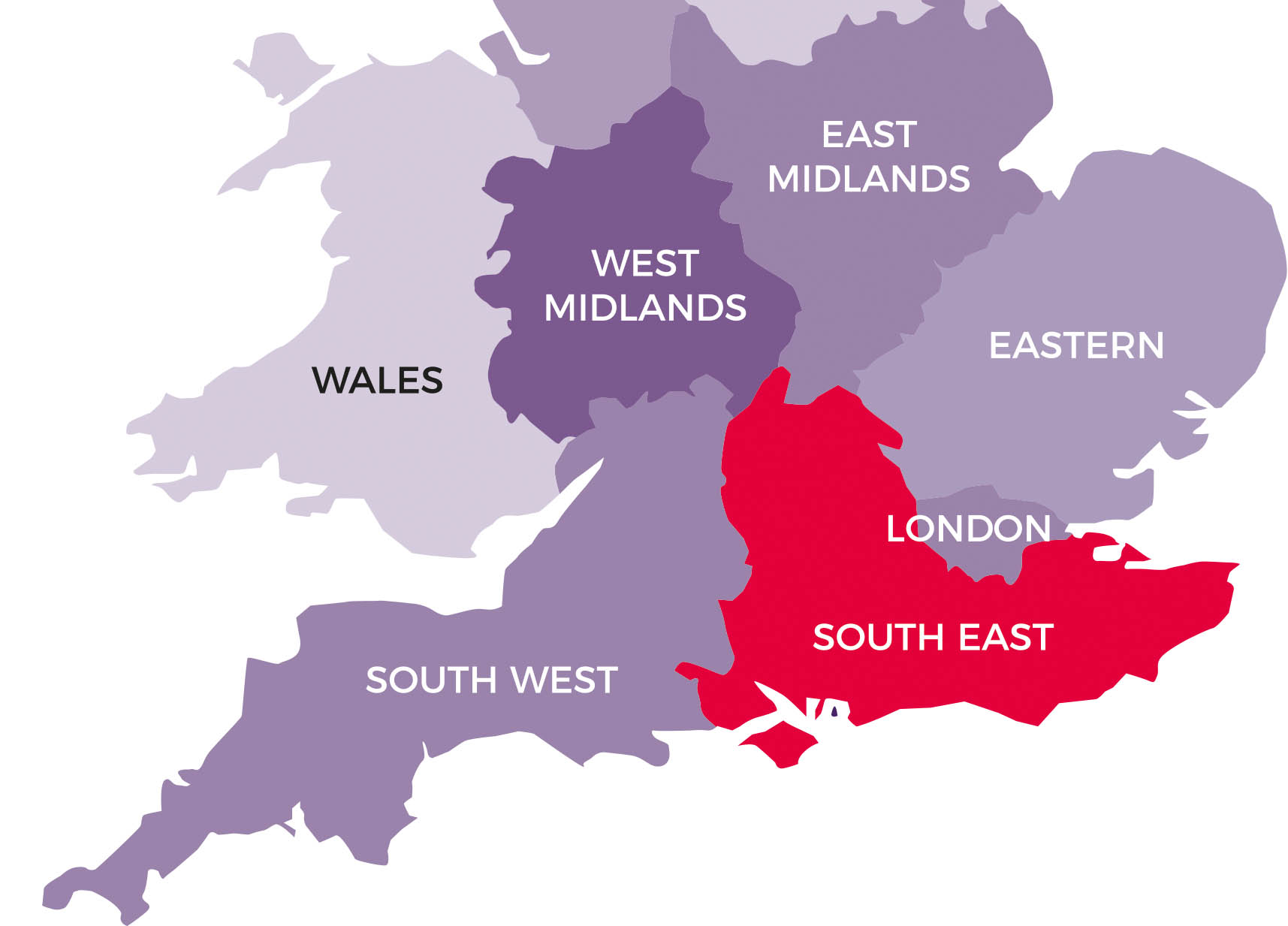
In these days of low unemployment a common complaint amongst business owners revolves around recruiting, and retaining the top people.
By using tax efficient, flexible employee benefits you can deliver greater value to your employees without necessarily increasing your costs. This can help you to keep up with the competition in both attracting and retaining your top talent.
Benefits packages
In addition to considering the usual benefits, employers can design benefits packages which provide what employees really want without costing the employer a fortune. These include:
- Diversifying the reward structure to include other forms of remuneration such as shares, securities or options
- Using salary sacrifice for pension contributions and other tax or National Insurance Contributions (NIC) favoured benefits
- Introducing voluntary benefits where employers can use their purchasing power to obtain reduced rates for benefits
Reward structure
Long term reward structures are effective in attracting and retaining talent. Employees can be offered shares, or the option to acquire shares at a future date. Other types of incentive awards may be structured with the gains taxed at the lower capital gains tax rates, giving the employees more money in their pocket.
In addition to motivating the workforce, some plans can have monetary benefits for the company by having no requirement to pay employer’s NIC on rewards. Some equity-based rewards can also offer further valuable corporation tax savings for companies.
Enterprise Management Incentive
A popular tax-efficient scheme for smaller entrepreneurial companies is the Enterprise Management Incentive (EMI) share option scheme. EMI options can be granted to employees on a discretionary basis. This gives the employee the right to purchase shares in the company in the future at a price which is agreed at the time the options are granted.
EMI plans have no tax charge for the company and the company will often be entitled to a corporation tax deduction for the growth in value of the underlying shares. For the employee, the growth in the share value, above the value when they were granted the option, will be subject to the lower rates of capital gains tax. This is instead of income tax and any potential NIC when they ultimately sell the shares.
Salary sacrifice
Although in most cases there is income tax relief for pension contributions, there is no relief for NICs. However, NIC savings can be achieved via salary sacrifice arrangements whereby the employee agrees to take a reduction in salary and the employer makes an equivalent contribution to the pension scheme.
Salary sacrifice arrangements for other tax-favoured benefits can also achieve both tax and/or NIC savings. Approval should be sought from HMRC to ensure that the relevant conditions for salary sacrifice are met. Note that salary sacrifice may not be beneficial for all employees.
No single benefit structure will motivate or suit every individual. However, using a range of awards, benefits and flexible packages can help to satisfy the diversity of most workforces.
For more information get in touch with our friendly team of tax and business advisers by calling 01293 227670 or visit our website www.carpenterbox.com





